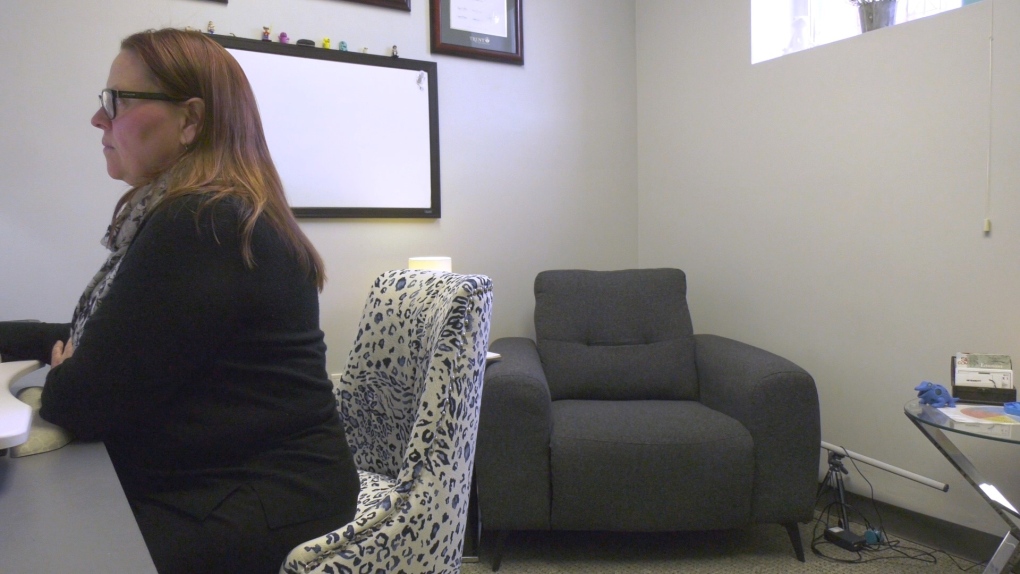
Canadian Armed Forces veterans, mental health service providers, and union leaders say a new program put in place by the federal government is making it difficult for veterans to access supports and services.
In November 2022, the federal government began contracting out veterans’ services to private companies: Lifemark, a division of Loblaw, and WCG International. The new program has been named Partners in Canadian Veterans’ Rehabilitation Services.
This new contract gave both vocational and rehabilitation control to Lifemark and WCG International when previously those two elements were split, with individual case managers handling rehabilitation.
But there is a belief from many that these new contractors have not run the programs adequately since taking over.
«The contractor was not ready and is not ready to this day to take on the work of our veterans,» said Virginia Vaillancourt, national president of the Union of Veterans’ Affairs Employees.
«The systems are not up and running properly for the coordination of information transfer from Veterans Affairs Canada to the contractor.»
At the ground level, Vaillancourt says this translates to veterans not being about to access their physical and psychosocial needs.
«They’re not able to get in with providers, so psychologists, psychiatrists, those are all on hold.»
The Ottawa Valley, home to Garrison Petawawa, is a hot spot for veterans to land following their service in the armed forces.
Alisha Henson is a clinical psychologist in Pembroke and says many of her clients who are veterans are being left behind in this new system.
«Probably 10 people received emails saying you need to sign up for this program and thus far only one of my veterans has done so. And he signed up almost right away and he’s still being picked up by the program now and we’re looking at several months later,» Henson said.
Henson describes the new program as a one-size-fits-all approach. She fears that remote contractors will not understand communities and the day-to-day lives of local veterans by working with them online.
«The services are not necessarily catered to the veterans. It’s like the veterans have to fit the service,» she says.
«So you’re going to lose veterans who may feel so overwhelmed they may not pursue care, which could put people at risk.»
Chris Banks is a 20-year veteran of the Canadian Armed Forces.
Banks was deployed to Afghanistan and was diagnosed with PTSD upon returning. He left the armed forces in November 2019 and has been seeing a therapist for the past five years.
«It’s been exactly what I’ve needed,» Banks said. «I’ve come, it seems, unconscionably far in the last five years.»
Banks considers himself lucky. He says he had to bounce from therapist to therapist before finding the right one for him. In the government’s new system, he says other veterans will not be as fortunate.
«That seems to be the direction they’re forcing people; just to get people through the system, out the door as quickly as possible,» he says. «This will only put a vulnerable group of injured and wounded veterans at risk.»